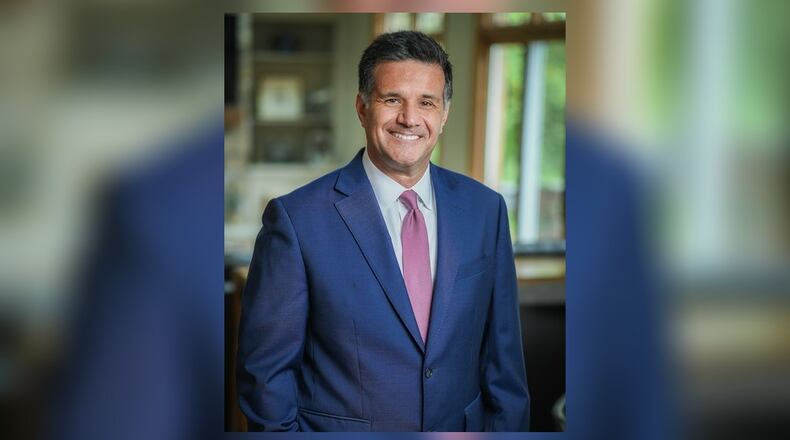Harry Truman who was President when the 22nd Amendment was ratified, was grandfathered in, so the amendment did not affect him. However, Truman believed two terms were enough for any occupant in the White House. Believing that since he had served all but 82 days of Roosevelt’s fourth term plus one full term, he had served two terms, and opted not to run again in 1952. Truman hoped that Congress would further act on term limits for itself after the 22nd Amendment was ratified in 1951 but has failed to do so.
We celebrate February 27 as National Term Limits Day. We do this to raise awareness of today’s most popular and bipartisan issue – congressional term limits. A Pew Research poll showed 87% of Americans regardless of political affiliation support congressional term limits.
With over 151 members who pledged to support congressional term limits now serving on Congress, we are seeing movement to pass congressional term limits. In the House, House Joint Resolution 12, sponsored by Rep. Ralph Norman, has more than 50 co-sponsors listed on the resolution. Once passed by Congress and ratified by the states, it would limit Representatives to three terms, or 6 years, and Senators to two terms, or 12 years. In the Senate, Senator Ted Cruz (R-TX) filed Senate Joint Resolution 1, a companion resolution to House Joint Resolution 12 with 15 co-sponsors including our own Bernie Moreno, who has long advocated for term limits. But Congress will probably will never pass this legislation? Right?
So, if Congress won’t pass term limits what can be done? Just as with the debate over presidential terms, the states can take the initiative, calling for a convention to adopt a congressional term limits amendment. When enough states request a convention to add a congressional term limits amendment to the Constitution, Congress is bypassed, and the amendment can be proposed by the states for ratification. Or Congress might see what is happening and act as it did with the 22nd Amendment.
A growing roster of states have called for a limited convention to propose a congressional term limits amendment to the Constitution. The Buckeye State could join this roster. Recent polling by RMG Research in Ohio shows that 78% of voters regardless of political affiliation support congressional term limits. It is time for the Ohio Legislature to act on this and pass the resolution calling for a congressional term limits amendment.
This National Term Limits Day, events will be held throughout the nation to bring attention to the need for congressional term limits. If term limits are good enough for the president, why not for Congress?
Happy Term Limits Day and let’s finish the job and get term limits for Congress.
Kevin Coughlin is the Ohio State Chair for U.S. Term Limits and a former Ohio State Representative and State Senator.
